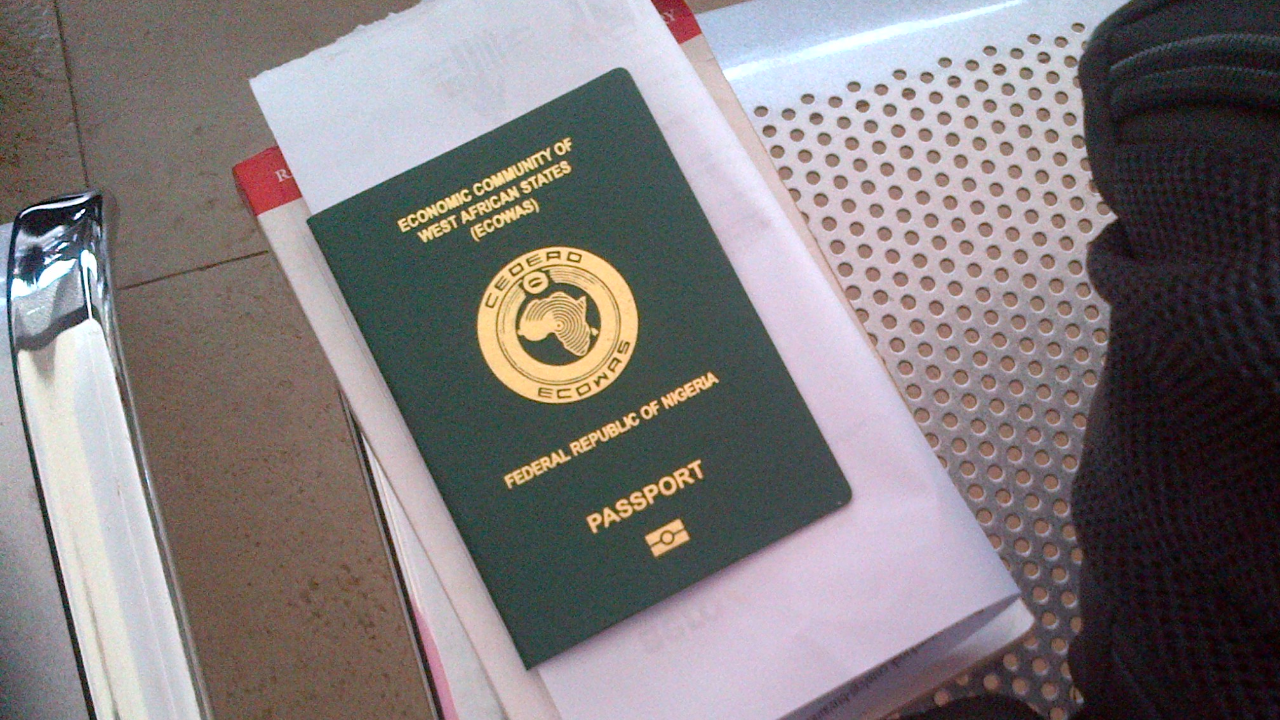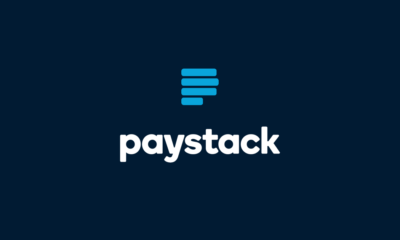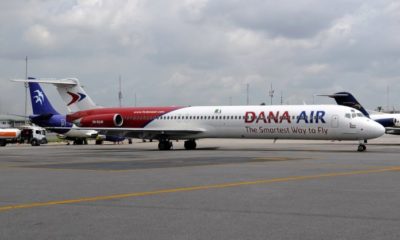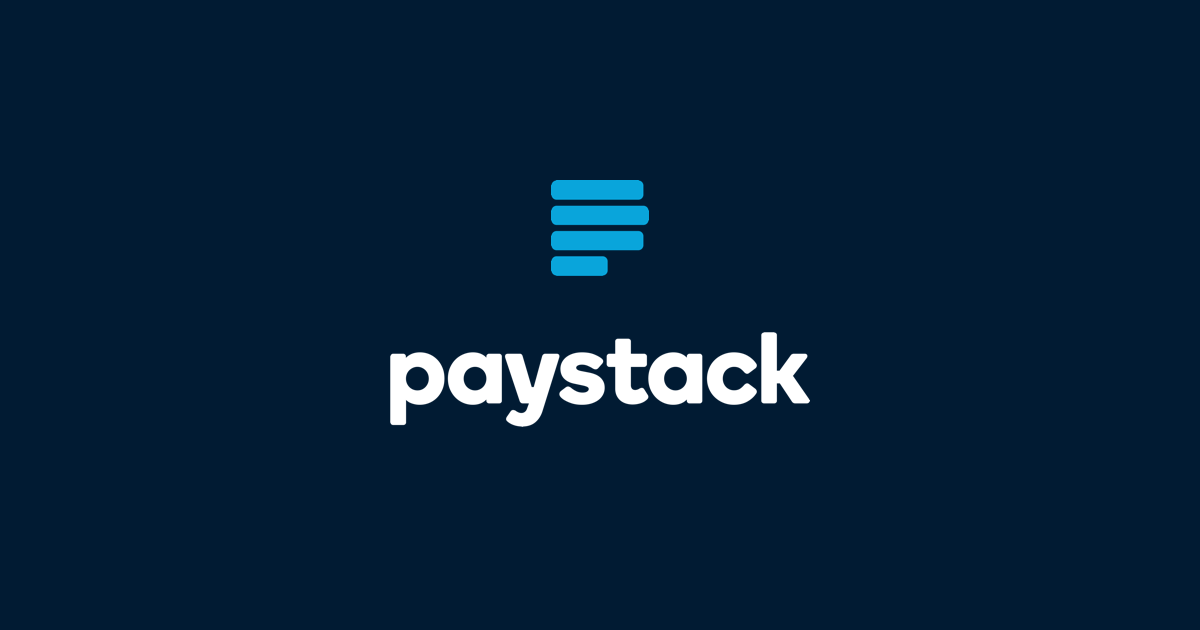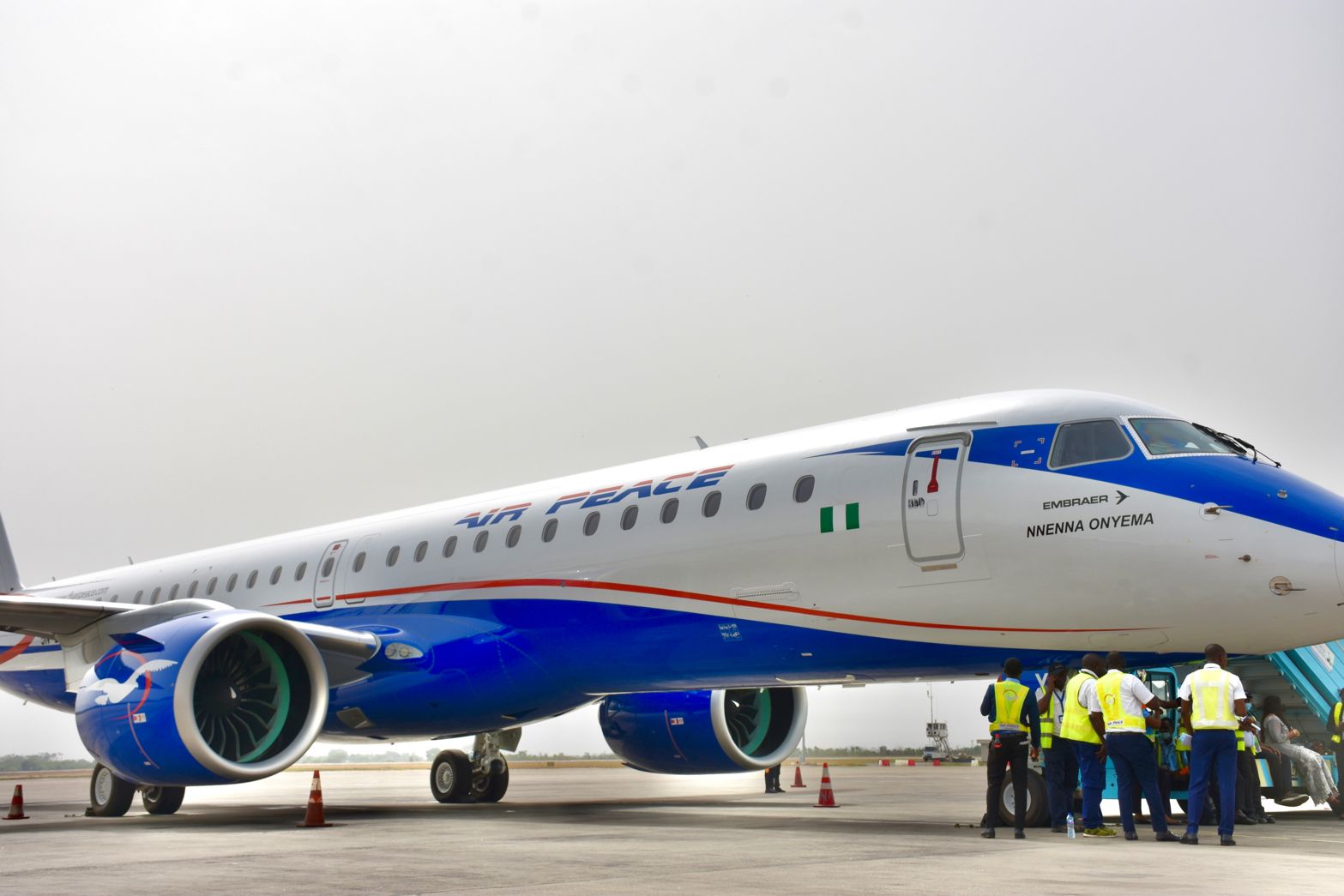Passengers aboard Air Peace Flight APK7193 experienced a tense moment as the aircraft made an emergency landing at Murtala Muhammed Airport in Lagos following a false fire warning in the cockpit.
The incident, which occurred on Thursday during the flight from Port Harcourt, highlighted the swift response and safety protocols implemented by the flight crew amidst the alarming situation.
With 243 passengers and 12 crew members on board, the flight’s pilots noticed a fire warning indicator in the cockpit, prompting immediate action.
Acting swiftly, the pilots executed all necessary safety measures and initiated an emergency landing procedure.
At 4:45 pm, the aircraft safely touched down on Runway 18L at the Lagos airport, averting a potential crisis.
Upon landing, fire fighting personnel stationed at the airport observed smoke emanating from the engines, prompting the pilots to shut down the engines as a precautionary measure.
However, it was later confirmed that the observed smoke was unrelated to any fire event, reassuring passengers and crew of their safety.
Air Peace promptly issued a statement addressing the incident, titled “Notification of false fire alarm on Port Harcourt-Lagos flight.”
The airline clarified that the fire warning indicator noticed in the cockpit was indeed a false alarm.
The statement emphasized the airline’s commitment to safety and reassured the flying public that all necessary precautions were taken to ensure the well-being of passengers and crew.
“We want to reassure the flying public that safety remains our utmost priority, and we are unwavering in our commitment to it,” the statement read.
Despite the momentary panic caused by the false fire warning, the swift and coordinated response of the flight crew, coupled with adherence to safety protocols, ensured a safe and uneventful landing for all passengers and crew members.
The incident serves as a testament to the importance of rigorous safety procedures and the critical role played by well-trained aviation professionals in ensuring passenger safety.
As investigations into the cause of the false fire warning are likely underway, Air Peace’s response underscores the airline’s dedication to transparency and accountability in addressing safety-related incidents.
Passengers and industry stakeholders alike can take solace in the airline’s commitment to maintaining the highest standards of safety and operational excellence.

 Forex4 weeks ago
Forex4 weeks ago
 Naira4 weeks ago
Naira4 weeks ago
 Billionaire Watch4 weeks ago
Billionaire Watch4 weeks ago



 Naira4 weeks ago
Naira4 weeks ago






 Naira3 weeks ago
Naira3 weeks ago


 Naira3 weeks ago
Naira3 weeks ago






 Naira2 weeks ago
Naira2 weeks ago
 Economy4 weeks ago
Economy4 weeks ago
